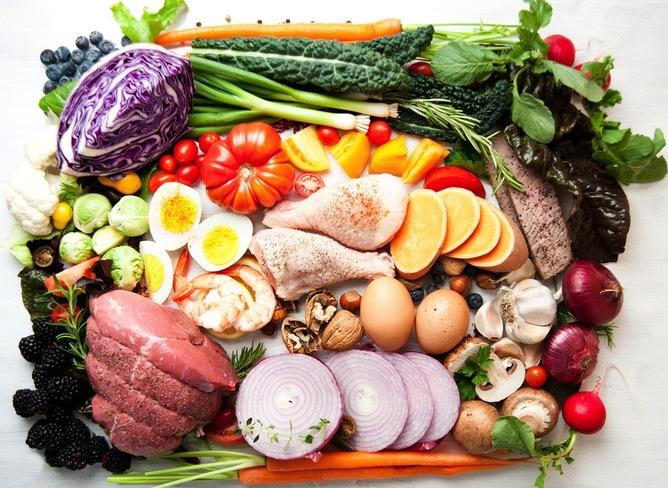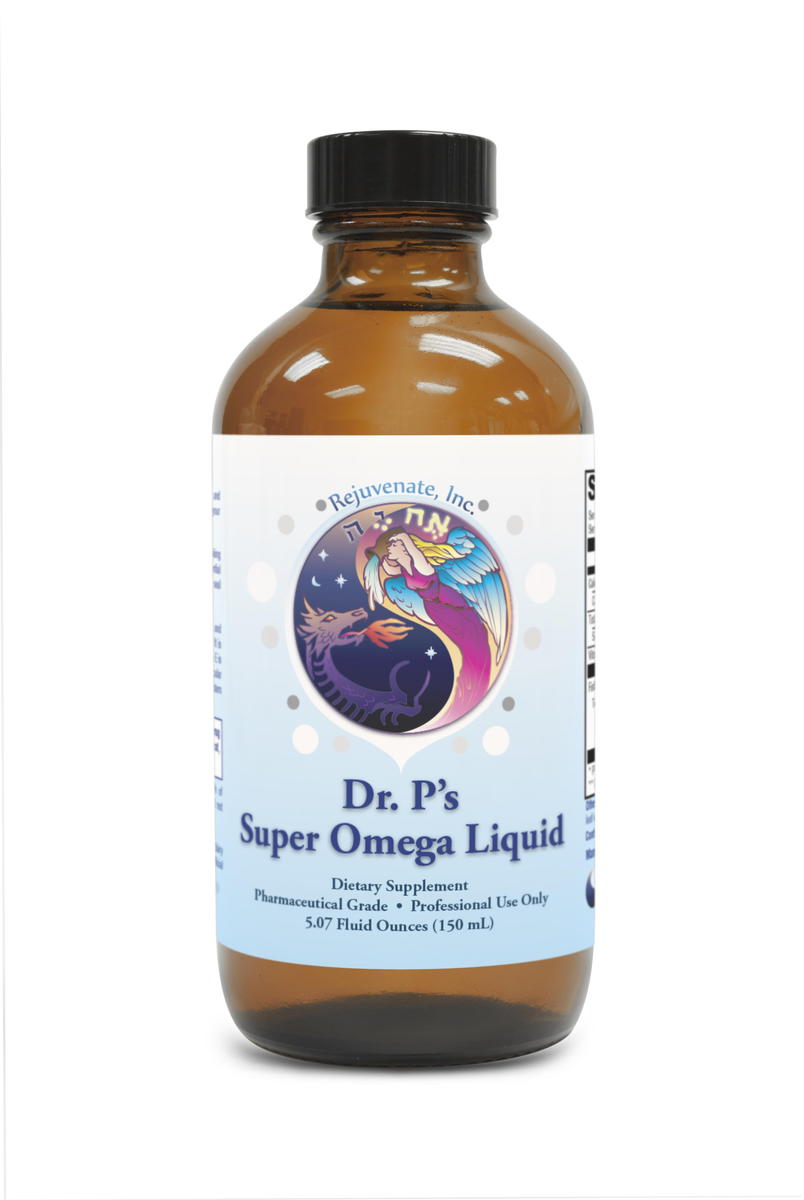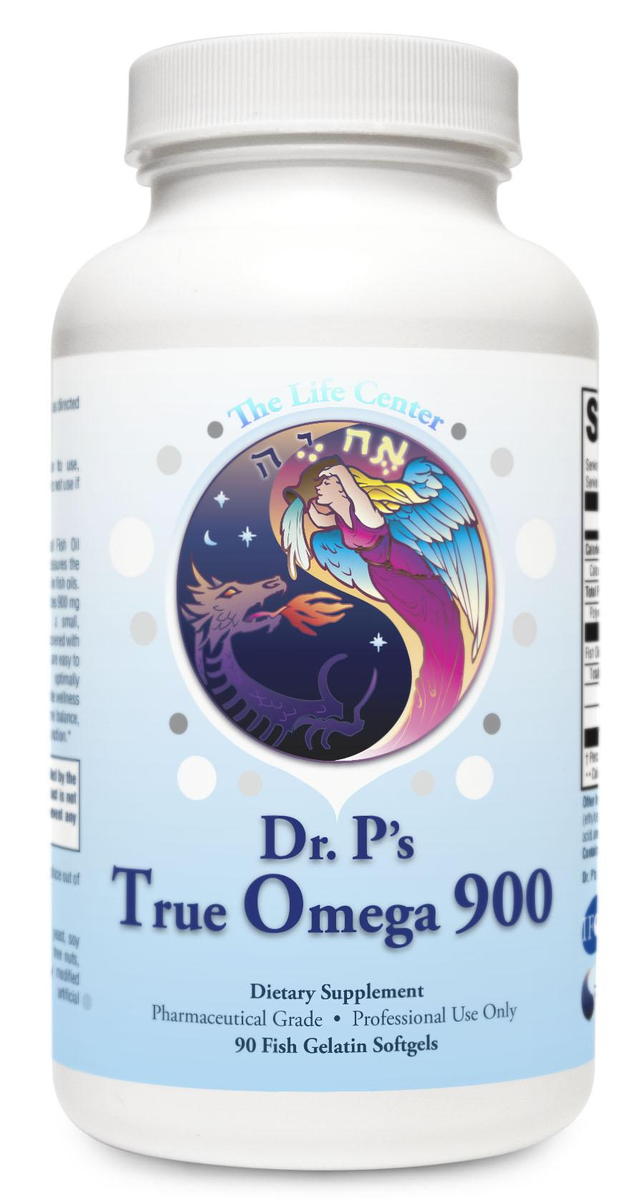- posted: Jan. 17, 2017
This week, we want to discuss proper nutrition and its effect on healthy, glowing skin. Have you noticed when you are dehydrated and undernourished, your skin reflects that? The opposite is true as well. A body that is fed with nutritionally dense foods, reflects that in the look and feel of healthy skin. Today, we wanted to discuss a few different nutrients, their specific effect, as well as food sources for these vitamins and minerals. Also, check out these nutritionally dense recipes to feed your beautiful, healthy skin. Enjoy!

Vitamin C
Vitamin C plays a crucial role in the regulation of the structural protein, collagen, which is necessary for the extracellular stability of the skin. A vitamin C deficiency causes scurvy, which is first manifested as rough dry skin. Increasing vitamin C intake can contribute to improved skin health and faster healing. Observational studies have shown that diets high in vitamin C are associated with better skin appearance and less skin wrinkling.
Dark leafy greens (collards, kale, beet greens, turnip greens, etc), bell peppers, broccoli, brussel sprouts, and citrus fruits are all high in vitamin C. It is important to note that vitamin C is heat sensitive. Either cook these food sources lightly, or eat them raw to maximize your vitamin C intake.
Selenium
Selenium is an important trace mineral with numerous health benefits, however, deficiencies of this important element are quite common. Poor levels of selenium in the soil, inadequate intake, and intestinal disorders that affect absorption can all lead to minor deficiencies. This can have consequences for general health as well as the health of the skin. Selenium is helpful in controlling acne, and aids in skin cancer prevention. It also promotes the absorption of vitamin E and enhances its antioxidant function, preserving collagen in the skin.
Brazil nuts, walnuts, red snapper, tuna, herring, onion, and poultry are all high in selenium.
Vitamin E
Vitamin E is the most abundant fat-soluble antioxidant found in the skin. It is secreted through sebum, an oily substance that coats the outer layer of the skin. Vitamin E defends the skin against free radicals that would otherwise cause damage to the skin. Studies have shown that Vitamin E helps to reduce inflammation both within your body and on your skin, helping to maintain healthy, youthful skin. Vitamin E is also involved in immune function and cell signaling, regulation of gene expression, and other metabolic processes.
Almonds, eggs, walnuts, avocados, asparagus, sunflower seeds, pine nuts, spinach, oatmeal, and olives contain high levels of vitamin E. Collards, kale, broccoli, and brussel sprouts also contain vitamin E. Eating these dark leafy greens with olive oil boosts its absorption.
Zinc
Zinc is an essential trace element that helps repair damaged tissue and heals wounds. Zinc also protects the skin from the sun's harmful ultraviolet rays. Increased zinc intake may also help prevent acne and regulate the production of oil in the skin. Zinc is an effective anti-inflammatory and antioxidant agent. It helps in fight oxidative stress and will decrease the chance for disease development by enhancing immune function.
Oysters, pecans, poultry, pumpkin seeds, ginger, seafood, and mushrooms contain significant levels of zinc.
Omega-3 Fatty Acids
These essential fatty acids can be helpful in healing various inflammatory conditions such as eczema. Omega-3 fatty acids are also responsible for skin repair, moisture content, and overall flexibility. These fatty acids are responsible for the health of the cell membrane, which is not only what acts as the barrier to things that are harmful, but also the passageway for nutrients to cross in and out and for waste products to get in and out of the cell. Since the body doesn't produce these fatty acids, they must be obtained through your diet. Eating foods rich in omega-3 fatty acids help reduce the body's production of inflammatory compounds, which are natural chemicals involved in the aging process.
Walnuts, salmon, mackerel, sardines, flaxseeds, and chia seeds all contain Omega-3 fatty acids. We also offer Dr P's True Omega 900 and Dr P's Super Omega Liquid as options to supplement your omega 3 intake.
Vitamin A
Liver, collard greens, asparagus, peaches, beet greens, kale, spinach, eggs, sweet potato, cantaloupe, and red peppers are all high in Vitamin A and its precursor, beta carotene.
Locations
6940 South Holly Circle Suite 201
Centennial, CO 80112, US
Office Hours
Our Regular Schedule
8am - 1pm
3pm - 5pm
8am – 1pm
3pm – 7pm
Closed
Closed
8am – 1pm
3pm – 7pm
8am – 2pm
Closed
Closed
Closed
Closed
Closed



